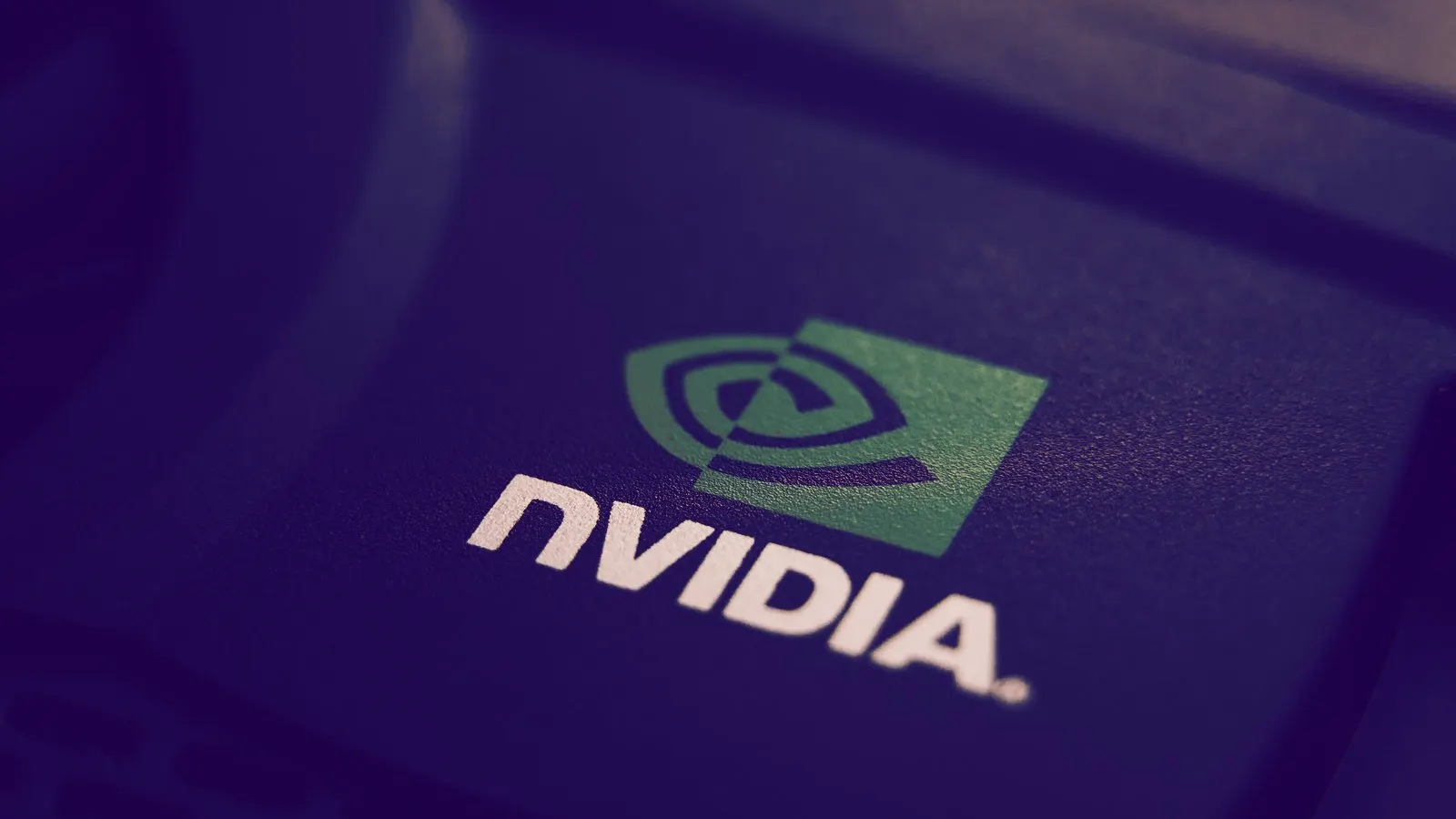In brief
- NVIDIA has refused to hand over documents investors claim would prove its reliance on the crypto mining industry.
- They claim NVIDIA hid this information, thus misleading them into investing.
- NVIDIA dismisses these claims.
Lawyers for NVIDIA, the American graphic cards firm, this week refused to share records with investors, who allege that the company hid its reliance on the crypto-mining GPU industry in 2017—causing the stock price to fall after Bitcoin’s price bottomed out at the end of that year.
During a trial yesterday at the Court of Chancery of the State of Delaware, NVIDIA attorney Patrick Gibbs said that the investors have not “met their burden” of proof necessary to compel the firm to disclose information, according to reporting by Law360.
The investors, who partly comprise several pension funds, allege that NVIDIA understated, to the tune of more than $1 billion, how much of their business between May 2017 and November 2018 relied on selling graphics cards to cryptocurrency miners. They claim that internal messages at NVIDIA estimated that the company held over 70% of China’s crypto-mining graphics card market.
When the crypto bubble popped at the end of 2017, NVIDIA forecasted a decline in revenue, causing its share price to plummet. The investors, who claimed that they were misled, filed their suit at the start of 2019.
But Gibbs told the court this week that the investors had no “credible basis” upon which to mount this argument against NVIDIA. In a court document filed on Monday, NVIDIA’s attorney added that the investors’ “attempt to plead more than just ‘smoke’ fails.”
It continued: These are “sophisticated investors who experienced temporary losses when NVIDIA’s stock price fell; but the federal securities laws do not amount to an insurance policy for such losses.”
In May, investors’ sourced outside help from Prysm Group, whose economists “determined that NVIDIA had earned at least $1.728 billion from sales to miners from May 2017 through July 2018—meaning that defendants understated NVIDIA's crypto-related GPU sales by $1.126 billion during the Class Period, all of which was contained in the Company's Gaming segment.”
NVIDIA’s attorney dismissed this report as without basis, purely speculative, and in part based upon “essentially arbitrary” assumptions. Law360 reported that Vice Chancellor McCormick, who presided over this week’s trial, encouraged the parties clarify which documents are sought by the investors and to discuss redactions.

